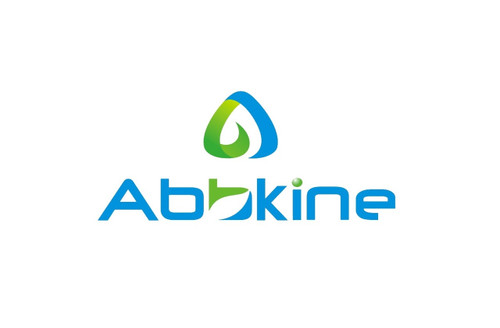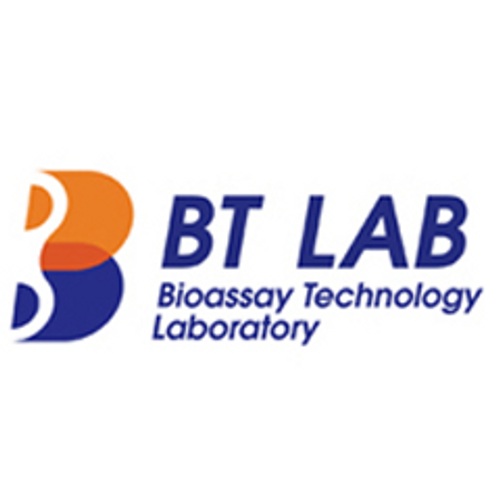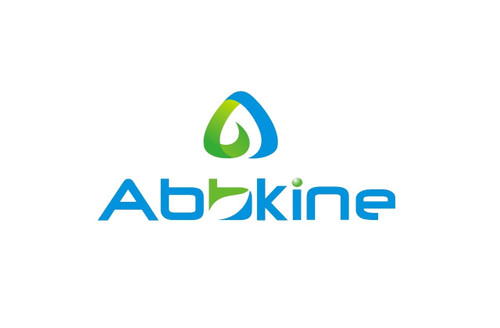Product Description
Rat Solute carrier family 12 member 4 (SLC12A4) ELISA Kit | AE19218RA | Abebio
Species Reactivity: Rat (Rattus norvegicus)
Abbreviation: SLC12A4
Alternative Name: FLJ17069; FLJ40489; KCC1; K-Cl cotransporter|erythroid K:Cl cotransporter|potassium/chloride cotransporter 1|solute carrier family 12; member 4
Application: ELISA
Range: 0.312-20 ng/mL
Sensitivity: 0.127 ng/mL
Intra-Assay: ≤6.8%
Inter-Assay: ≤9.8%
Recovery: 0, 98
Sample Type: Serum, Plasma, Other biological fluids
Detection Method: Sandwich
Analysis Method : Quantitive
Test Principale: This assay employs a two-site sandwich ELISA to quantitate SLC12A4 in samples. An antibody specific for SLC12A4 has been pre-coated onto a microplate. Standards and samples are pipetted into the wells and anySLC12A4 present is bound by the immobilized antibody. After removing any unbound substances, a biotin-conjugated antibody specific for SLC12A4 is added to the wells. After washing, Streptavidin conjugated Horseradish Peroxidase (HRP) is added to the wells. Following a wash to remove any unbound avidin-enzyme reagent, a substrate solution is added to the wells and color develops in proportion to the amount of SLC12A4 bound in the initial step. The color development is stopped and the intensity of the color is measured.
Product Overview: The full-length sequence was obtained from EST clones and by RT-PCR of HEK293 cell RNA. The 1, 085-amino acid KCC1 protein is 24 to 25% identical to NKCC1 and SLC12A3 and shares 97% identity with rabbit KCC1. The overall structure of KCC1 is similar to that of other cation-chloride cotransporters, with 12 predicted transmembrane regions, a large extracellular loop with potential N-linked glycosylation sites, and cytoplasmic N- and C-terminal domains. Northern blot analysis revealed that KCC1 is expressed ubiquitously. KCC1 exhibits the functional properties of the red cell K-Cl cotransporter, including stimulation by swelling and N-ethylmaleimide, and low affinities for rubidium, chloride, and bumetanide.
Stability: The stability of ELISA kit is determined by the loss rate of activity. The loss rate of this kit is less than 5% within the expiration date under appropriate storage condition. The loss rate was determined by accelerated thermal degradation test. Keep the kit at 37°C for 4 and 7 days, and compare O.D.values of the kit kept at 37°C with that of at recommended temperature. (referring from China Biological Products Standard, which was calculated by the Arrhenius equation. For ELISA kit, 4 days storage at 37°C can be considered as 6 months at 2 - 8°C, which means 7 days at 37°C equaling 12 months at 2 - 8°C) .
 Euro
Euro
 USD
USD
 British Pound
British Pound
 NULL
NULL








